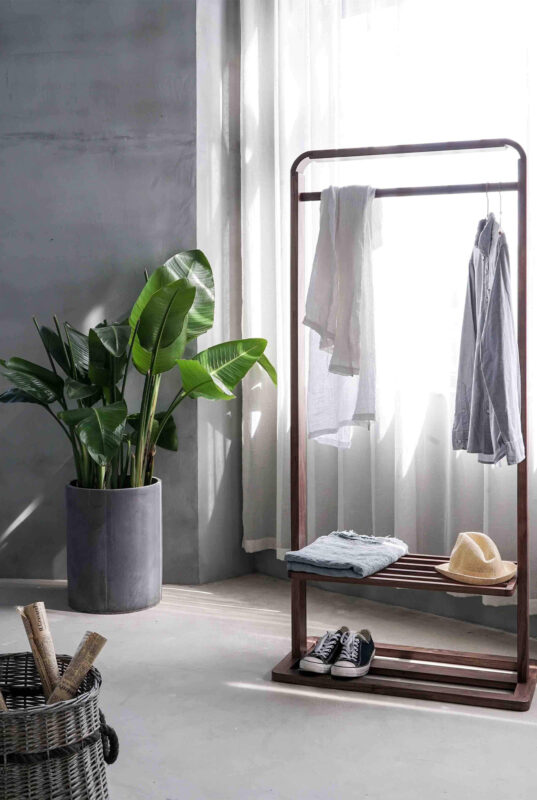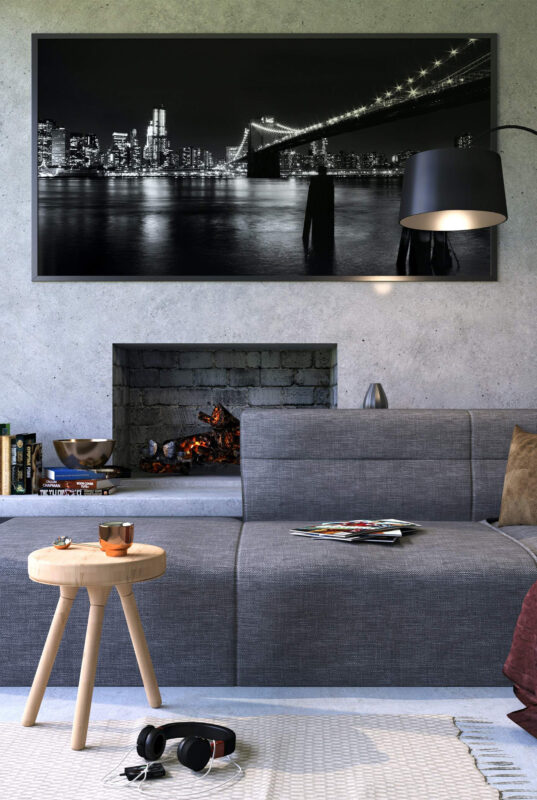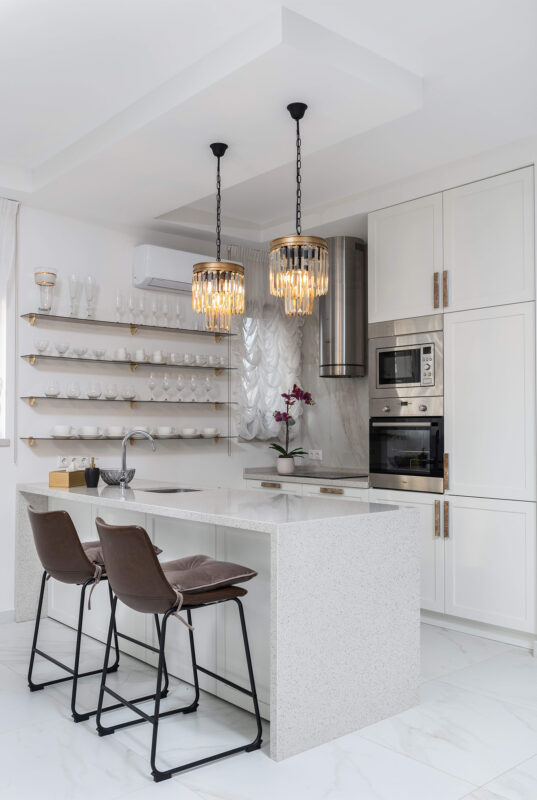Choosing the Right HVAC Setup for Your Home

Creating a comfortable living space depends greatly on having the right heating, ventilation, and air conditioning system. A home’s HVAC setup plays a key role in maintaining a pleasant temperature, controlling humidity, and keeping indoor air clean.
With so many system types, energy ratings, and configurations available, making the right choice can seem complex. A well-chosen system will not only maintain comfort but also support energy efficiency and long-term savings. Understanding how different systems work, what factors influence performance, and which professional guidance to seek will make the selection process far easier.
Hiring HVAC Experts
Selecting and installing an HVAC system demands experience, technical understanding, and precision. Many homeowners face challenges when attempting to match the right unit to their home’s size and energy needs. For this reason, professional help is invaluable.
By seeking guidance from experts like Panther Heating & Cooling, homeowners gain access to trained technicians who can assess home layouts, insulation levels, and climate demands. These specialists conduct detailed evaluations to recommend the most suitable options for comfort and efficiency.
They also handle proper installation and offer maintenance schedules that extend the lifespan of the system. Working with experienced professionals prevents costly mistakes and promotes consistent performance throughout the year.
Assessing Your Home’s Heating and Cooling Needs
Every home has unique heating and cooling demands influenced by its design, location, and occupancy. Before selecting an HVAC system, it helps to measure your space’s square footage and analyze insulation quality. Windows, doors, and roof materials all affect temperature regulation, as does the region’s average climate.
A home in a colder area might require a furnace with higher output, whereas a property in a warmer zone benefits from an energy-efficient air conditioner or heat pump. Considering family routines and preferred temperature ranges helps refine the system choice even further. This evaluation sets the foundation for determining the right unit size, ensuring comfort without wasting energy.
Comparing Different Types of HVAC Systems
Modern homes have several HVAC options, each designed to fit particular preferences and budgets. Central air systems distribute conditioned air through ducts, offering steady temperatures throughout the home.
Ductless mini-split systems, on the other hand, provide flexibility for houses without existing ductwork and allow for zone-specific temperature control. Heat pumps combine heating and cooling functions in one unit, drawing warmth from the air or ground when needed.
Traditional furnaces remain a popular choice for homes that experience extremely cold winters. Geothermal systems represent a more sustainable option, drawing consistent temperatures from the earth to maintain indoor comfort. Weighing the benefits and limitations of each type helps in making a confident, informed decision.
Considering Energy Efficiency and Cost Savings
Energy efficiency should remain a top priority when investing in a new HVAC system. A system with a higher SEER (Seasonal Energy Efficiency Ratio) or AFUE (Annual Fuel Utilization Efficiency) rating typically uses less energy to deliver the same comfort.
Efficient systems lower utility bills and reduce environmental impact. Homeowners can explore programmable thermostats and zoning systems to regulate temperature only in occupied rooms, further conserving energy.
Routine maintenance, including changing filters and cleaning coils, maintains efficiency over time. While efficient models may carry a higher upfront cost, their reduced energy use results in long-term savings that outweigh the initial investment.
Evaluating Installation and Maintenance Requirements
A successful HVAC setup does not end with choosing the right system; installation quality has a major impact on performance. Poor installation can cause air leaks, uneven temperatures, and increased utility costs. Hiring certified installers ensures that every component, from ductwork to thermostats, functions properly.
Regular maintenance keeps the system in top shape, preventing wear and detecting small issues before they grow into major repairs. Annual inspections, cleaning, and calibration protect the system’s efficiency and extend its lifespan. Keeping a maintenance schedule also supports manufacturer warranties, giving homeowners peace of mind and reliable operation.
Planning for Long-Term Comfort and Home Value
Installing the right HVAC system enhances daily comfort and contributes to the long-term value of your home. Potential buyers often view a high-quality, energy-efficient system as a sign of thoughtful home management.
A dependable HVAC setup can increase resale appeal, especially when paired with smart controls and air quality improvements. Beyond resale, long-term comfort depends on consistent performance and air purity.
Systems that balance humidity and temperature can improve health and protect furniture and structural materials from damage. By considering future needs and maintenance plans during selection, homeowners invest in both comfort and property value.
Final Thoughts
Choosing the right HVAC setup involves balancing comfort, efficiency, and longevity. A clear understanding of your home’s unique needs, combined with expert guidance and professional installation, creates a reliable system that performs effectively year-round.
Attention to details such as system type, energy efficiency, and maintenance keeps indoor environments comfortable and cost-effective. Homeowners who plan thoughtfully and rely on skilled professionals make a sound investment that delivers consistent comfort and peace of mind for years to come.
DeCasa Collections is a home decor blog offering DIY ideas and home renovation tips for stylish and personalized living spaces.

















